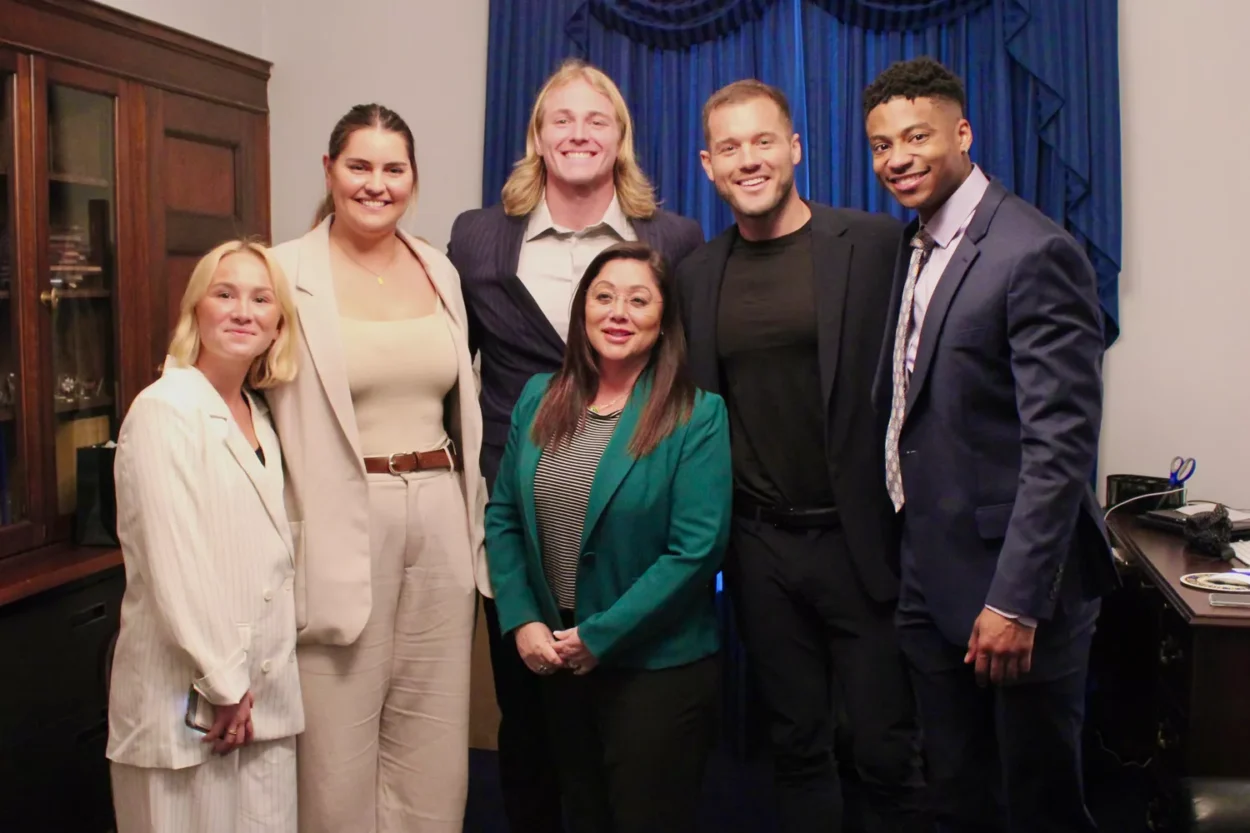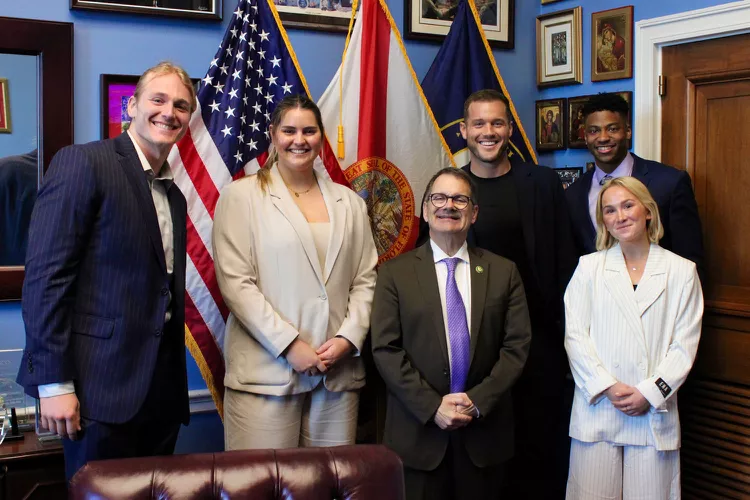
Colton Underwood uses his platform to promote mental health.
The TEAMS Act (Targeting Emotional And Mental Stability) was introduced by the former reality star through his foundation, the Colton Underwood Legacy Foundation, and it permits the Secretary of Education to finance school-based mental health programs to assist student-athletes experiencing anxiety and depression.
The TEAMS Act would also significantly improve coaching and staff training on how to handle students displaying signs of mental distress.
“I decided to really start supporting mental health and not only being an advocate for it for my own story, but looking at the root and where it started for me, and it was in sports,” Underwood, 31, tells PEOPLE. There must be a game plan for you if you break a bone, dislocate your shoulder, and torn your ACL.
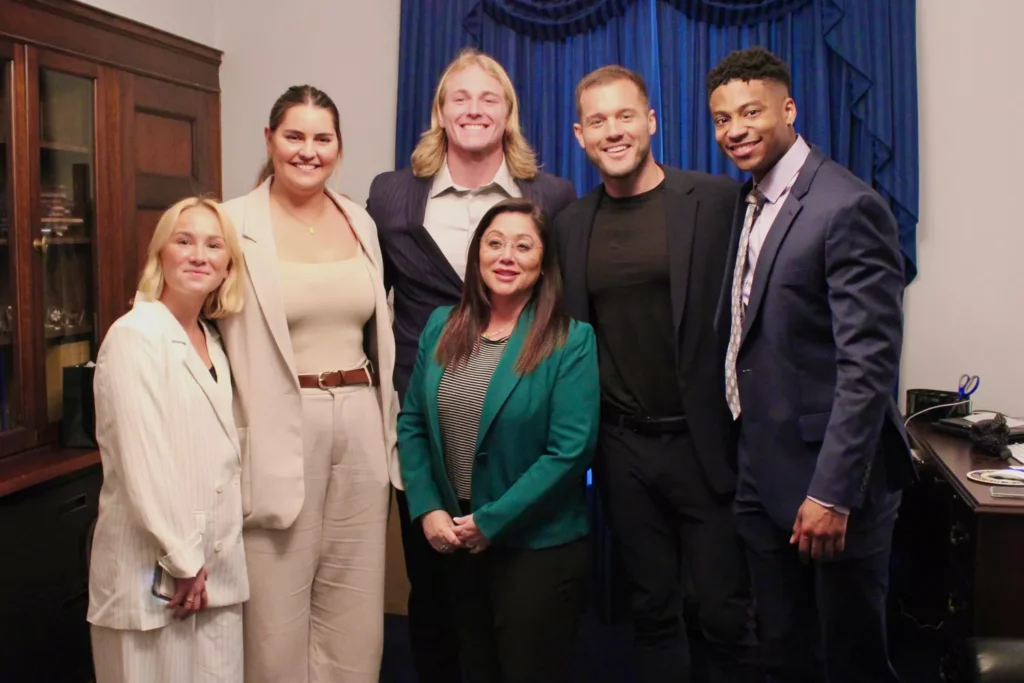
According to Underwood, who played football in college and briefly for an NFL practice squad, there should be a similar “game plan” for players who are having mental health issues.
“Nobody knows what to do when a student-athlete arrives and declares, “I have anxiety, I’m depressed, or I have an eating disorder. Underwood clarifies that there is no strategy.
“Coaches are not trained for that, and athletic trainers are not really prepared to deal with mental health issues. The TEAMS Act was created as a result of our discussions about possible new legislation that could safeguard student-athletes, assist these universities in developing strategies, and give them the resources they require, according to Underwood.
To accompany him to Washington, D.C., Underwood recruited a number of current and former collegiate athletes. where the group talked about the act with lawmakers.
Among them are Harry Miller, a former OSU football player who quit the team to focus on his own mental health, Sarah Fuller, the first female player to score in a D1 football game, Byron Perkins, the first out-gay football player at an HBCU, Cailin Brackin, a former athlete whose “Letter to College Sports” went viral after so many readers could relate to her mental health journey.
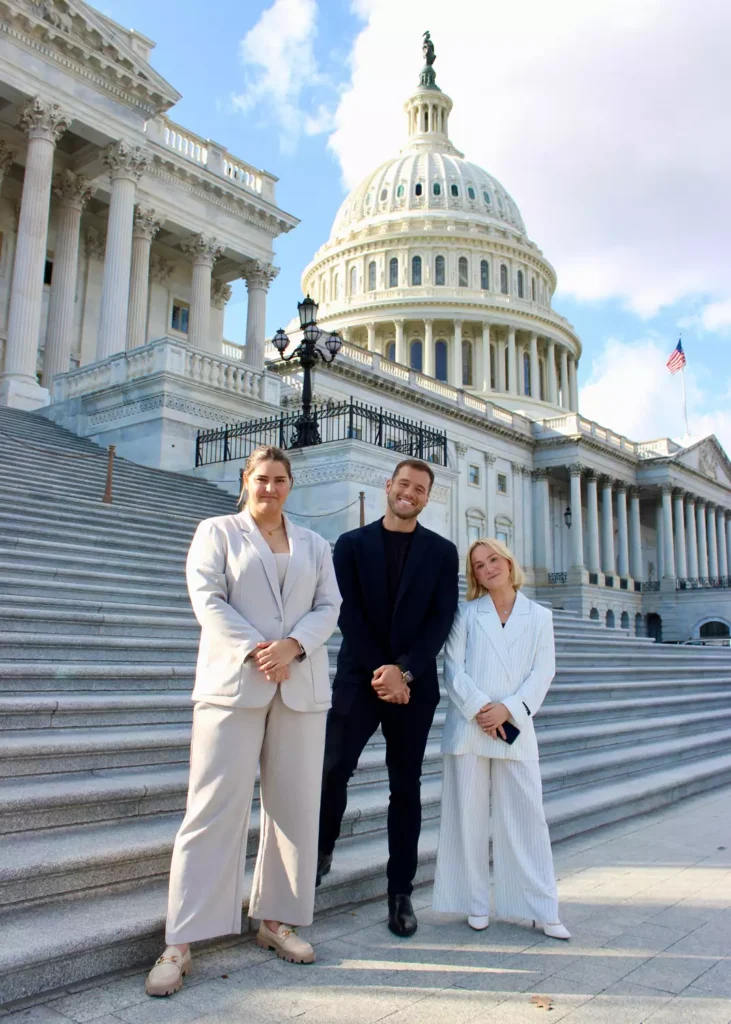
According to Underwood, the group is hoping that the TEAMS Act will enable a deeper investigation into how universities are allocating their funding. “Are they investing the grant money into their coaches? Are they investing it into the players themselves? Are they investing it into a meditation app?” he asks. “And what I’m interested in seeing is the data and how it changes across the country and as far as geography, but also in gender in different sports.”.
Underwood explains, “We are essentially saying we do not have the answers, but we want to have the answers.
Underwood stated that it was done intentionally for the language in the bill to be “really loose.”. “We really want to give these universities the freedom and support they need to be as inventive and creative as they can be because, as I said, there is a lot of talk but no action, as everyone just wants to talk about the talk.
“.
Due to the conversation’s inclusive nature, according to Underwood, there hasn’t been much action taken to support students’ mental health. “I think the reason for that is because it can become very overwhelming when you hear about mental health and you understand how many people in our population are suffering and struggling,” he says.
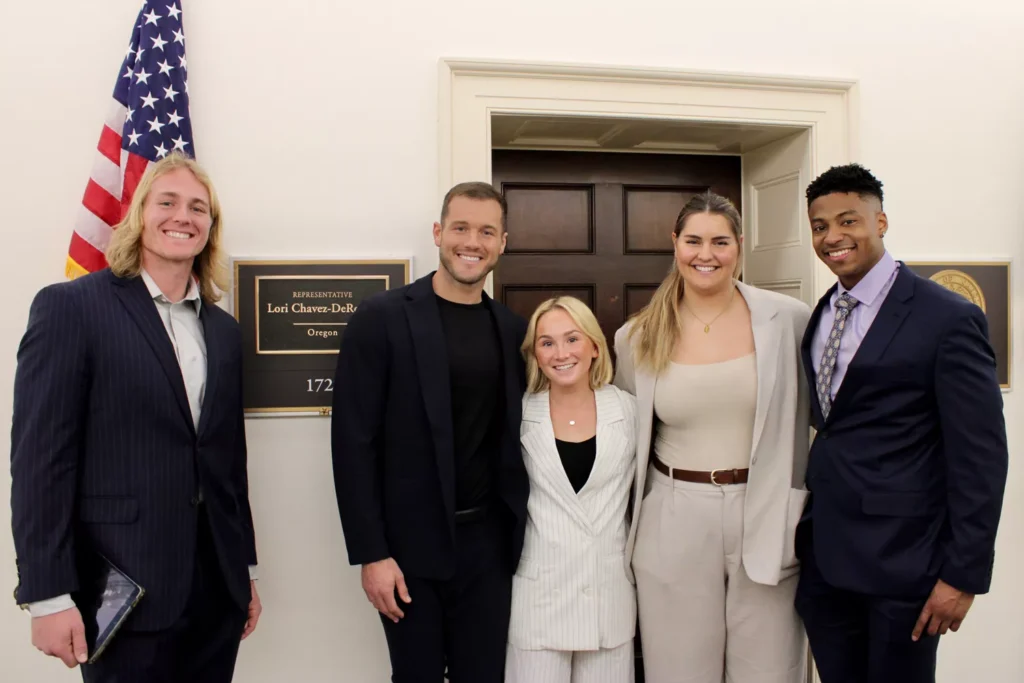
Underwood is proud of the strides he’s made after struggling with his own mental health both in private and in public during his time on The Bachelor. A lot of people really write it off on social media, saying “You signed up for this,” and “Nobody ever signs up to get bullied,” he continues. “I think one thing I didn’t really realize is even by signing up to do The Bachelor and having such a public life, a lot of people really write it off on social media.
Student-athletes are under more pressure than ever before, according to Underwood, in addition to the scrutiny they face in social media comments. We haven’t taken any action to shield our student-athletes from that yet, he claims. “It’s very simple to build people up and it’s very simple to tear people down.”.
“If anything, with the new NIL, Name, Image, and Likeness [policy], we’ve given them another kind of hill to climb in terms of competing for contracts, not just for their scholarship,” the author said. With this, some of them provide for their families. Therefore, the pressure that these athletes face when they step onto the court or the field is unfathomable, and it is difficult for them. “.
Underwood acknowledges that there are advantages to living in the spotlight, but she adds that “the negatives and the pressures of screwing up and making mistakes” can be too much.
Since his time spent watching reality TV, he claims to have learned that “while people might have opinions, sometimes those opinions are just them projecting their own insecurities or their own mistakes.”.
“.
While Underwood now makes an effort “not to take things personally,” it’s crucial for him to use his platform as “an example to give back to the sports community” and “really help guide some of these student-athletes on how they can change the culture in sports.”. “.
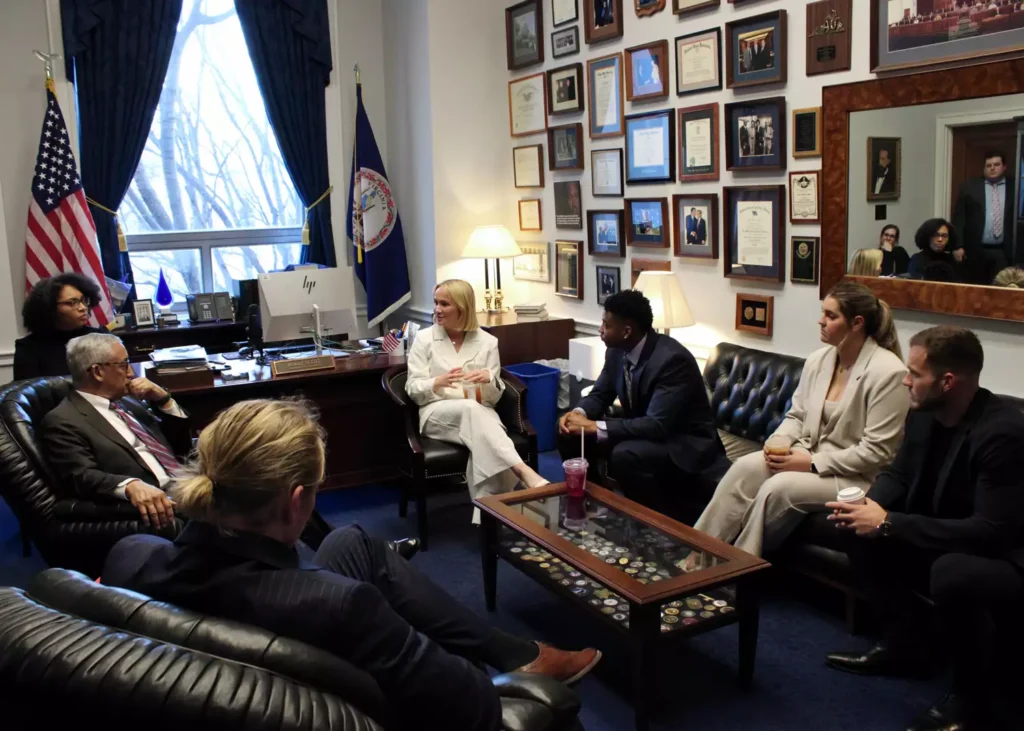
following his third visit to the White House. The TEAMS Act’s potential, according to Underwood, has him feeling more optimistic than ever.
According to him, “I will say we finally feel heard and seen.”. It’s a bipartisan issue, which is not true of many issues in our country at the moment. We need to do more for mental health, especially for our student-athletes, so it’s incredibly exciting that both Democrats and Republicans really agree on this.
